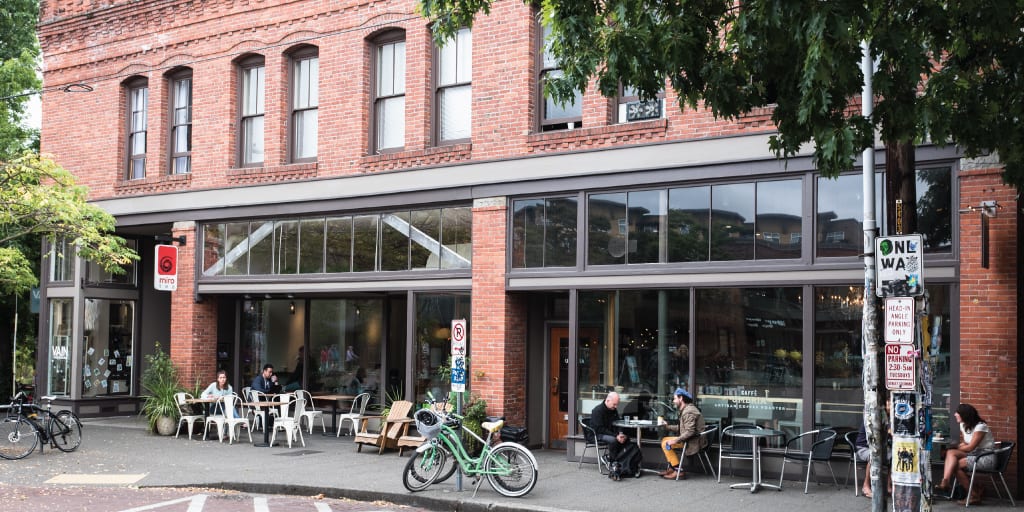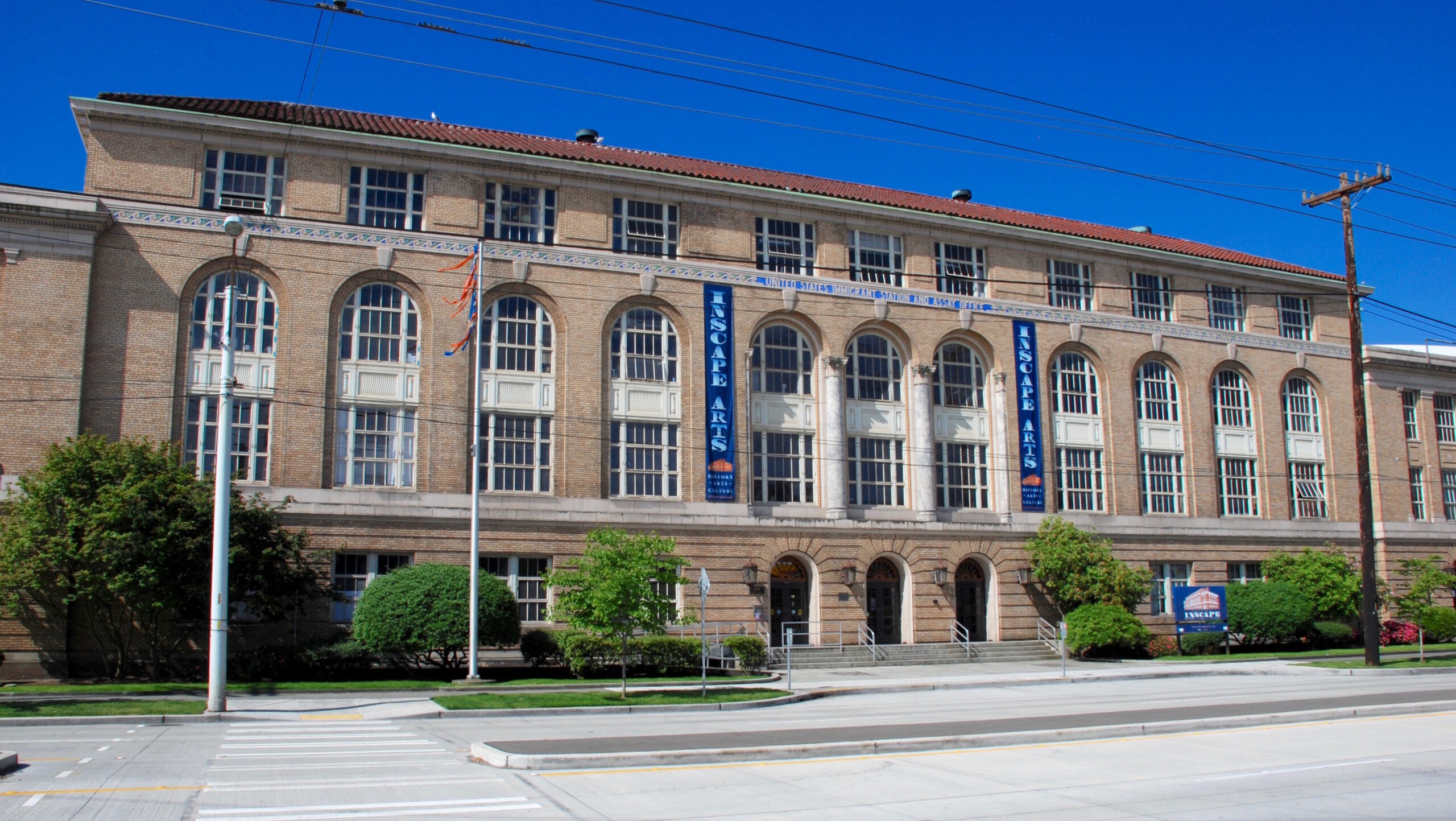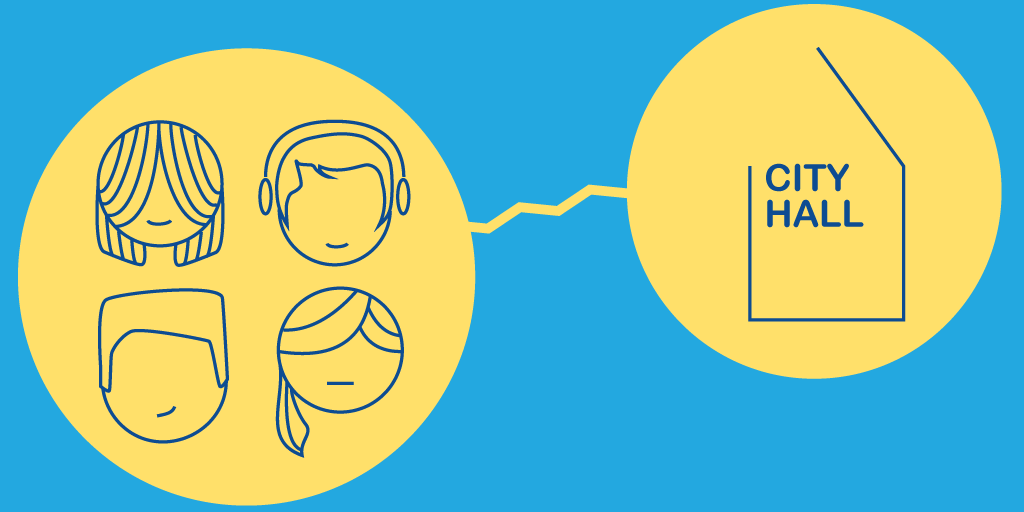
The Mayor and Seattle City Council recently announced the initial 13 appointees selected to serve on the City of Seattle’s new Community Involvement Commission (CIC). The CIC will ultimately be comprised of 16 equity champions who will work to ensure that our City departments are creating and implementing equitable engagement strategies that lead to more relevant and impactful public participation. They will also provide feedback on the development of City departments’ community involvement plans. All the appointments are subject to City Council confirmation.
Jeniffer Calleja
City Council Appointee: District 1
Jeniffer Calleja is a community builder with the Seattle Housing Authority. For over 10 years, she has worked in human services, public health, and civic engagement with immigrants, refugees, and people in extreme poverty in the Seattle area. Jeniffer has a strong history of connecting community members from under-represented communities with their city government, as well as working with City departments in conducting inclusive outreach and engagement. Jeniffer is a member of the Seattle Park District Oversight Committee and the City of Seattle Immigrant and Refugee Commission. Past employers include Neighborhood House, White Center Community Development Association, SEIU Local 6, and United Way of King County. She holds a Master’s degree in Public Administration from the University of Washington and a BA in Government and Political Studies from the University of Guadalajara.
What inspired you to serve on the Community Involvement Commission?
I am very motivated to support the City’s effort to do more inclusive engagement. The City has been heading in the right direction for the past few years in addressing racism. Over the past few years, I have seen good leadership and progress to address institutional racism in some Departments through the Race and Social Justice Initiative, the creation of the Office for Immigrant and Refugee Affairs, restructuring at the Department of Neighborhoods (creation of the Leadership Development Division), the expansion of the Utility Discount Program, raising the minimum wage to $15/hr, investigating fair housing practices, to name a few. On the other hand, I see other City departments struggling to be culturally competent and inclusive. City employees and elected officials cannot do equity work alone. We as citizens, need to be alongside with them, not only helping them stay accountable, but also to push for changes that may not be politically sexy but that address social, health, and economic inequities and displacement.
We’ve taken to calling our Community Involvement Commissioners “EQUITY CHAMPIONS!” Do you accept this superhero moniker and what does it mean to you personally?
I was not exposed to comics growing and did not dress up for Halloween, so I would feel silly wearing a superhero cape, but I gladly accept the Equity Champion title. What it means to me personally to be an Equity Champion is to use my precious seat in this Commission to speak about the needs of others that cannot be at the table due to limited bandwidth, language barriers, illness, lack of housing, lack of trust in government (if you migrated to the U.S. escaping violence or corruption, or if you choose to keep a low profile for fear of being targeted for your religion or immigration status). I have a strong history of advocating for equity since I moved to Seattle 16 years ago and will continue to be the broken record advocating for more equity victories to be achieved in our city.
What is your unique real-life superpower?
Helping people understand and care for others that are very different than them.
What do you hope the Community Involvement Commission will bring to the City?
Mainly, increased accountability. Followed by supporting the great equity work that is already rolling out, bringing new ideas about engaging residents that are excluded from city services or policies, identifying and addressing gaps, and being a direct connection with communities.
Which local organization or person do you consider to be a true superhero and why?
The Colectivo de Detenidos (The Detainees Collective), a group of immigrant women and men jailed at the private immigration prison in Tacoma, a majority of whom did not commit a serious crime and do not have a criminal record. This group manages to communicate with organizers outside to provide live updates about inhumane conditions at the prison. Even as they are separated in pods and they do not know each other, they have successfully carried out two hunger strikes with hundreds participating, resulting in improved conditions at the prison. These folks are superheroes because they fight for justice selflessly, even when they are on the verge of irrevocable deportation themselves.
Learn more about the Community Involvement Commission at seattle.gov/neighborhoods/community-involvement-commission.



